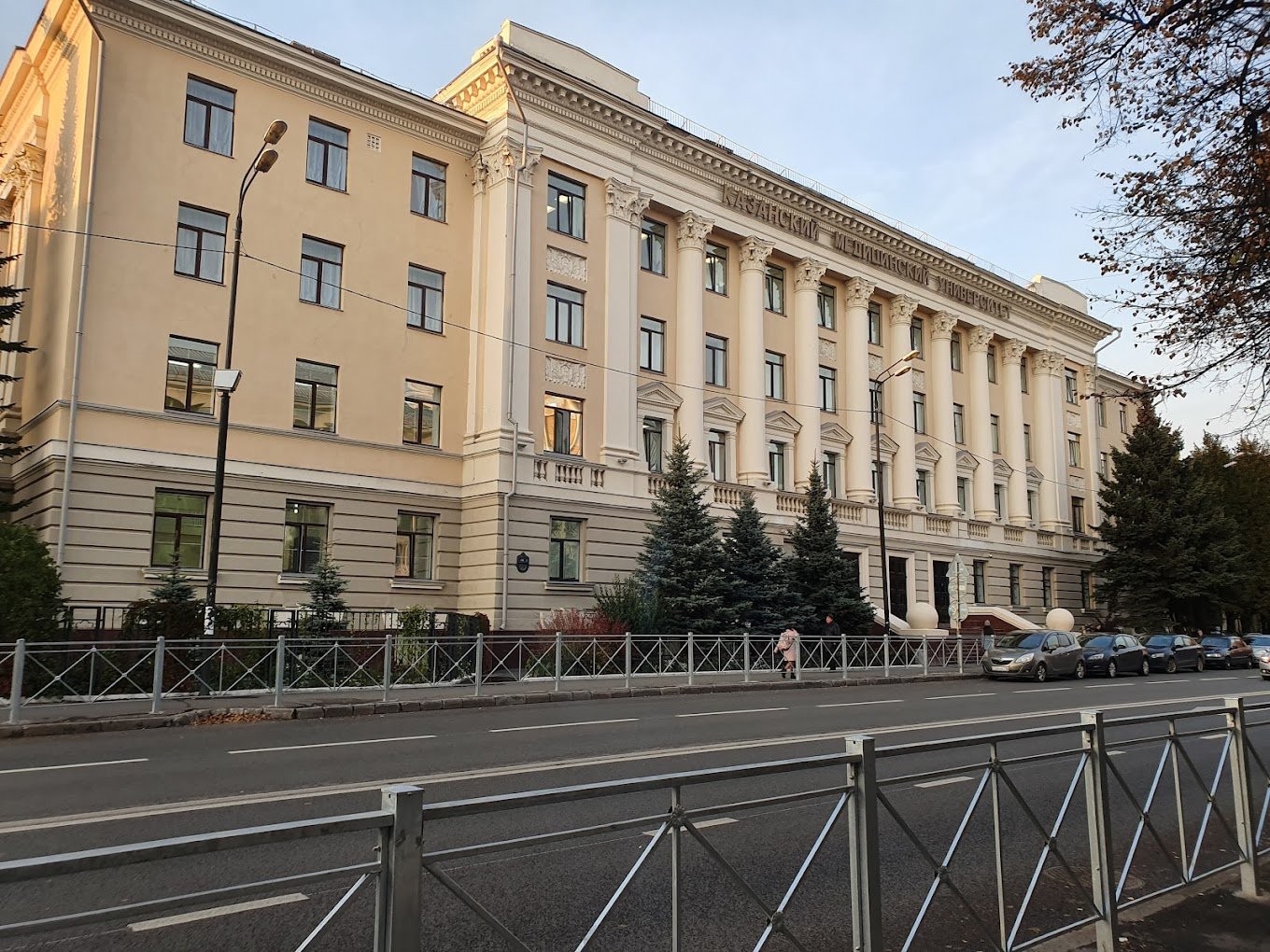
International Recognition with 200 Years of Experience:
With a storied history spanning two centuries in medical training, Kazan State Medical University (KSMU) has earned international acclaim for its commitment to excellence in education. This extensive experience positions KSMU as a venerable institution at the forefront of global medical education.





English-Medium Education:
A testament to its international focus, KSMU facilitates an inclusive learning environment by offering education in English to half of its international students. This commitment to a multilingual approach reflects the university’s dedication to breaking language barriers and providing accessible education to students from diverse linguistic backgrounds.
Representation of Russian Regions:
In addition to its international allure, KSMU serves as a melting pot for students from various regions of Russia. The university’s inclusive approach extends beyond international borders, catering to the needs of students from neighboring and remote parts of the country. This diverse representation contributes to a holistic and well-rounded educational experience.
Opportunities Beyond Studies:
KSMU recognizes that a well-rounded education extends beyond academic boundaries. The university actively encourages students to explore diverse opportunities such as scientific research, creative endeavors, and participation in public work. In addition, students are provided avenues to showcase their talents on an international stage through conferences and symposiums. This multifaceted approach ensures that KSMU graduates are not only academically proficient but also well-prepared for the challenges of the global professional landscape.
Athletic Programs at KSMU:
Kazan State Medical University boasts a robust array of athletic programs designed to promote physical well-being and teamwork among its students. These programs encompass a wide range of sports, from competitive to recreational, fostering a holistic and active student community. Notable sports may include but are not limited to football, basketball, volleyball, track and field, and perhaps even niche activities catering to varied interests.
Camp ‘Medic’ by the Volga River:
Nestled along the picturesque banks of the Volga River, the serene retreat known as Camp ‘Medic’ provides students with a haven for relaxation and rejuvenation. Amidst this tranquil setting, students likely engage in a variety of recreational activities such as nature walks, team-building exercises, and perhaps even water-based activities along the Volga River. The idyllic environment plays a pivotal role in fostering mental well-being, offering students a break from their academic pursuits.
Year-round Recreation Program:
KSMU’s commitment to a comprehensive year-round recreation program ensures a diverse and engaging student life. Students actively participate in various activities depending on the season, from outdoor sports like tennis, football, and basketball during the warmer months to winter activities such as skiing and skating. This multifaceted approach enhances the university experience by providing students with opportunities to stay active and socially connected throughout the academic year.
International Student Support:
Recognizing the unique needs of its diverse international student body, KSMU goes the extra mile in providing specialized services. These may include language support, cultural integration programs, and mentorship initiatives aimed at fostering a supportive and inclusive environment. The university’s commitment to catering to international students ensures a smooth transition and an enriched academic journey.
Student Club Activities:
The student club at KSMU is a vibrant hub of activity, organizing a diverse range of events and initiatives. These activities could span cultural festivals, talent shows, community service projects, and collaborative ventures with other student organizations. Standout events might include annual celebrations, thematic weeks, and perhaps collaborations with local communities to enhance the overall social fabric of the university.
Celebrations and Publications:
The spirit of celebration is ingrained in the student life at KSMU, with students coming together to mark various occasions. Notable celebrations may include academic milestones, cultural festivals, and perhaps sports championships. The “Kazan Medical Student” newspaper serves as a chronicle of these celebrations, offering insights into the traditions and shared experiences of the student community. Content within the newspaper likely includes event highlights, student achievements, and noteworthy campus news.
Opportunities Beyond Studies: KSMU recognizes that a well-rounded education extends beyond academic boundaries. The university actively encourages students to explore diverse opportunities such as scientific research, creative endeavors, and participation in public work. In addition, students are provided avenues to showcase their talents on an international stage through conferences and symposiums. This multifaceted approach ensures that KSMU graduates are not only academically proficient but also well-prepared for the challenges of the global professional landscape.
Kazan: A Cultural Nexus
Nestled at the confluence of the Volga and Kazanka Rivers in European Russia, Kazan stands as the capital and largest city of the Republic of Tatarstan, Russia. With a population of 1,143,535, it ranks as the eighth most populous city in Russia, offering a unique blend of industrial prowess, commercial vibrancy, and rich cultural heritage.
Cultural Significance: Kazan remains a vital cultural center, particularly significant for preserving and promoting Tatar culture. The city is where East meets West, embodying a harmonious coexistence of diverse influences. The Tatar culture, deeply rooted in the city’s identity, is celebrated through various cultural events and landmarks.


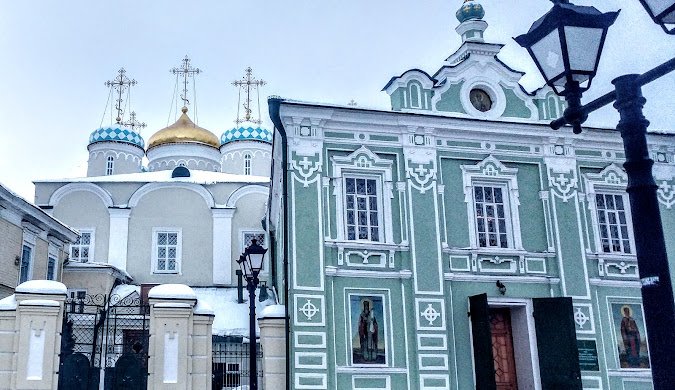

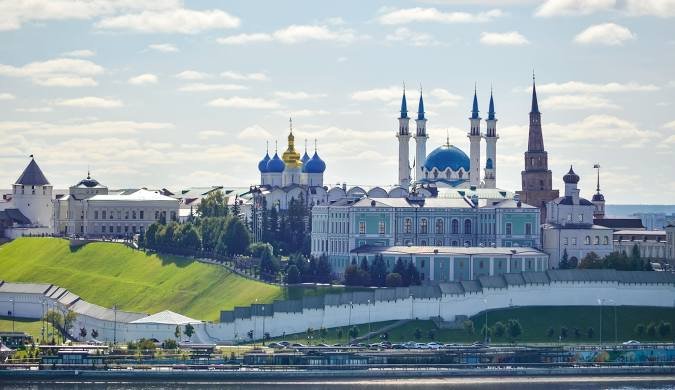
Historical Enigma: The name “Kazan” itself carries an air of mystery, with its literal translation as “Boiler or Cauldron.” Believed to be named after its geographical resemblance to a “Qazan-pan” (a U-shaped lowland object), the city’s origin adds to its enigmatic charm.
Geographical Harmony: Situated 793 km east of Moscow, Kazan’s geographical location plays a pivotal role in its identity. The city’s location in a U-shaped lowland reflects a natural harmony that complements its cultural diversity. The journey from Moscow to Kazan, whether by a 1-hour 20-minute plane ride or a 10-hour train journey, is a transition into a city where tradition meets modernity.
Religious and Linguistic Diversity: Kazan is home to people of various nationalities, fostering a rich tapestry of diversity. Major religions in Kazan include Sunni Islam and Eastern Orthodoxy, coexisting harmoniously. With more than 100 different nationalities, the city resonates with a multitude of languages, with Tatar and Russian being the official languages.
Historical Roots and Recognition: Founded in 1005, Kazan wears its venerable age with grace while dynamically growing and developing. Recognizing its cultural and historical significance, the city was granted the legal right to brand itself as the third capital of Russia in 2009. Honors such as being named the best city of Russia and winning the Russian National Olympus award in 2004 further underscore its prominence.
Architectural Marvels and UNESCO Heritage: The Kazan Kremlin, a UNESCO World Heritage Site, stands as a testament to the city’s architectural legacy. Monuments like the Annunciation Cathedral and the Soyembika Tower within the Kremlin are not just historical artifacts but living symbols of Kazan’s cultural richness.
Educational and Cultural Hub: Kazan serves as a significant educational and cultural center with a strong emphasis on academia. Boasting 44 institutes of higher education, 25 colleges, and numerous schools, the city has traditionally been a hub for learning. The Kazan Federal University, founded in 1804, stands out as a venerable institution with a faculty comprising world-renowned scientists.
Sports Capital and International Host: Beyond its cultural and educational prominence, Kazan earned the title of “Sports Capital of Russia” in 2009. Hosting international events like the 2013 Summer Universiade, the World Fencing Championships, and being a venue for the 2018 FIFA World Cup, the city continues to shine on the global stage.
Industrial and Financial Powerhouse: Kazan’s significance extends to the economic realm, being one of the largest industrial and financial centers in Russia. Mechanical engineering, chemical, petrochemical, light, and food industries contribute to the city’s economic prowess. Notably, the largest IT park in Russia positions Kazan as a leader in innovative economies.
Transportation Hub and Climate: Connected by buses, railways, a river port, and an international airport, Kazan boasts an extensive and well-developed public transport system. The city’s humid continental climate, with long cold winters and warm, dry summers, adds a distinctive flavor to its charm.
In essence, Kazan emerges as a city where history seamlessly intertwines with modernity, and cultural diversity is celebrated with pride. Whether exploring its architectural wonders, engaging in academic pursuits, or enjoying the fervor of international sports events, Kazan stands as a beacon of multifaceted richness.
Global Aggregate Ranking 2024:
Kazan State Medical University has achieved an outstanding feat by securing a place in the TOP 10% of the best universities globally according to the Global Aggregate Ranking 2024. This recognition speaks volumes about the university’s commitment to excellence in education, research, and international standing.

Times Higher Education World University Rankings by Subject 2024:
Not only does Kazan State Medical University shine in the overall rankings, but it also stands out in specific subject areas. In the prestigious “Clinical Medicine and Health” category of THE World University Rankings by Subject 2024, the university has claimed a noteworthy position within the range of 801-1000. Impressively, it secures the 2nd place among Russian medical universities, showcasing its specialization and leadership in the medical field.
Establishment and Location:
Founded in 1814, Kazan State Medical University has established itself as a leading institution in medical education. Located in the central part of the city Kazan, Russia, the university serves as a focal point for learning and research.
Current Landscape of KSMU:
As of today, KSMU is home to more than 6000 medical students, clinical residents, and interns, collectively contributing to a vibrant academic community. The university comprises nine faculties, each playing a crucial role in shaping the next generation of medical professionals. With a robust structure of 60 departments, KSMU ensures a comprehensive and specialized approach to medical education.
Dedicated Faculty and Staff:
Behind the success of KSMU stands a dedicated team of professionals, with a staff numbering over 1500. This team is instrumental in providing guidance, mentorship, and expertise to the students, fostering an environment of academic excellence and innovation.
Accreditation and Ranking:
According to recent ratings, Kazan State Medical University has earned an esteemed accreditation with a rating of “BBB+” and secured the impressive 33rd position among all Russian universities. This ranking encompasses both medical and non-medical universities, highlighting the university’s comprehensive excellence in education.
International University with Rich History:
With a remarkable 207 years of experience in medical training, Kazan State Medical University rightfully claims its status as an international institution. Hosting around 1800 students from over 57 countries, half of whom pursue their studies in English, the university stands as a global hub for medical education. Its attractiveness extends to students from neighboring and remote regions of Russia, showcasing its diverse and inclusive appeal.
Commitment to International Students:
The university takes pride in being an attractive destination for young minds worldwide. Recognizing the importance of supporting and caring for international students, Kazan Medical University prioritizes their well-being and academic success. This commitment contributes to fostering a nurturing and inclusive environment for all students.
Academic Excellence and Recognition:
Kazan State Medical University is renowned for preparing excellent experts in various fields of medicine. Ranking 16th among medical schools in the Russian Federation and securing the third place in the ARES-2014 academic ranking of World Universities-European Standard, the university’s commitment to academic excellence is widely recognized.
Global Attraction and Diversity:
The global appeal of Kazan State Medical University is evident in its diverse student body. International students from all corners of the world choose the university for its inclusive environment and high-quality medical education. The university has proudly trained more than 24,000 students, including those from 49 countries, contributing to its rich and diverse academic legacy.
| Parameter | Details |
|---|---|
| Year of Establishment | 1814 |
| Type | Government |
| Eligibility | 50% in Physics, Chemistry, and Biology Aggregate |
| Course Duration | 6 Years (including internship) |
| NEET | Yes, compulsory |
| IELTS/TOFEL | Not Required |
| Medium of Teaching | English |
| Total Number of Students | Over 6000 (including medical students, clinical residents, and interns) |
| Number of Faculties | 9 |
| Number of Departments | 60 |
| Staff Count | Over 1500 |
| International Students | About 1800 from 57+ countries, half in English |
| Language of Instruction | English |
| Entrance Exam | NEET |
| Accreditations | NMC (National Medical Commission), WHO (World Health Organization) Listed |
| Additional Requirements | None beyond NEET for international students |
Kazan State Medical University (KSMU) offers a comprehensive range of faculties, each dedicated to fostering excellence in specific areas of medical education. Here’s an overview of the diverse faculties at KSMU:
1. General Medicine:
2. Pediatrics:
3. Dentistry/Stomatology:
4. Preventive Medicine:
5. Pharmacy:
6. Post Graduation:
7. Social Work and Higher Nursing Education:
The presence of these diverse faculties reflects KSMU’s commitment to providing a well-rounded medical education that addresses various aspects of healthcare. Each faculty contributes to the university’s goal of producing competent and compassionate medical professionals.
| Year/Semester | Courses |
|---|---|
| 1st Year | |
| Semester 1 | Anatomy |
| Semester 2 | Anatomy & Histology |
| 2nd Year | |
| Semester 3 | Histology, Biochemistry, Anatomy, Physiology |
| Semester 4 | Biochemistry, Microbiology, Physiology |
| 3rd Year | |
| Semester 5 | Pathology, Pharmacology, Microbiology, Pathophysiology |
| Semester 6 | Pathology, Pathophysiology, Pharmacology, Genetics and Principles of Clinical Medicine |
| 4th-6th Year | |
| Semester 7-12 | General Surgery, Primary Care Medicine, Oncology, Psychiatry, Pediatrics, Cardiology, ENT, Neurology, Obstetrics and Gynecology, Internal Medicine, Neurology and Psychiatry, Psychology, Emergency Medicine |
Historical Significance:
Rich Legacy: As the third oldest Medical University in Russia after Moscow and St. Petersburg, KSMU boasts a history steeped in medical education tradition.
Accreditations and Recognitions:
Government Recognition: Recognized by the Ministry of Healthcare & Ministry of Education and Science of the Russian Federation, solidifying its credibility and quality standards.
Global Recognition: Listed in the World Directory of Medical Schools by the WHO, showcasing its international standing and adherence to global medical education standards.
ECFMG Recognition: Acknowledged by the ECFMG (Educational Commission for Foreign Medical Graduates) in the USA, facilitating global career opportunities for graduates.
Council Approvals:
Medical Council Recognitions: Endorsed by leading medical councils such as NMC (National Medical Commission, India), AMC (Australian Medical Council), GMC (General Medical Council, UK), MCI (Medical Council of India), and others. This ensures that graduates are eligible for licensure and practice in multiple countries.
Language of Instruction:
English-Medium MBBS: The entire MBBS course is conducted in English, providing an accessible learning environment for international students.
Clinical Facilities:
Extensive Healthcare Infrastructure: Access to 33 general hospitals, 21 polyclinics, maternity hospitals, outpatient departments, dental polyclinics, and more, with a substantial total bed capacity of around 9000. This ensures a robust clinical exposure for students.
Living Facilities for International Students:
Varied Living Options: Recognizing the diverse preferences and budgets of international students, KSMU offers a range of living facilities.
Overall Appeal:
Unique Status in Kazan: As the only university in Kazan with such widespread recognitions, KSMU stands as a unique and distinguished institution.
Global Opportunities:
International Recognition: With global accreditations, KSMU graduates are well-positioned for international career opportunities and further studies.
Choosing Kazan State Medical University offers not just a quality education but a pathway to a global medical career.
Highly-Qualified Staff:
Faculty comprises highly-qualified medical professionals dedicated to delivering quality education.
Well-Furnished Hostel Facilities:
Offers well-furnished hostel facilities, ensuring a comfortable living experience for international students.
FMGE Exam for Indian Students:
Indian students can appear for the FMGE (Foreign Medical Graduate Examination) to practice medicine in India after completing their studies.
Eligibility criteria for MBBS admission at Kazan State Medical University adhere to the guidelines set by the National Medical Commission (NMC) for Indian students. The requirements are outlined below:
Academic Performance:
NEET Qualification:
Age Requirement:
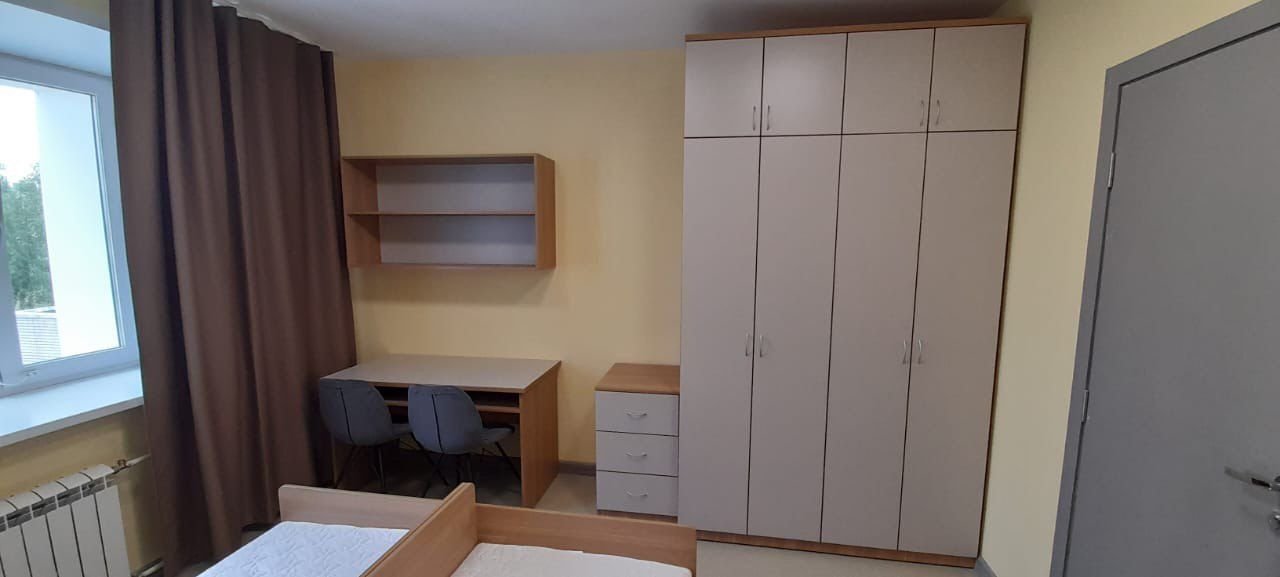


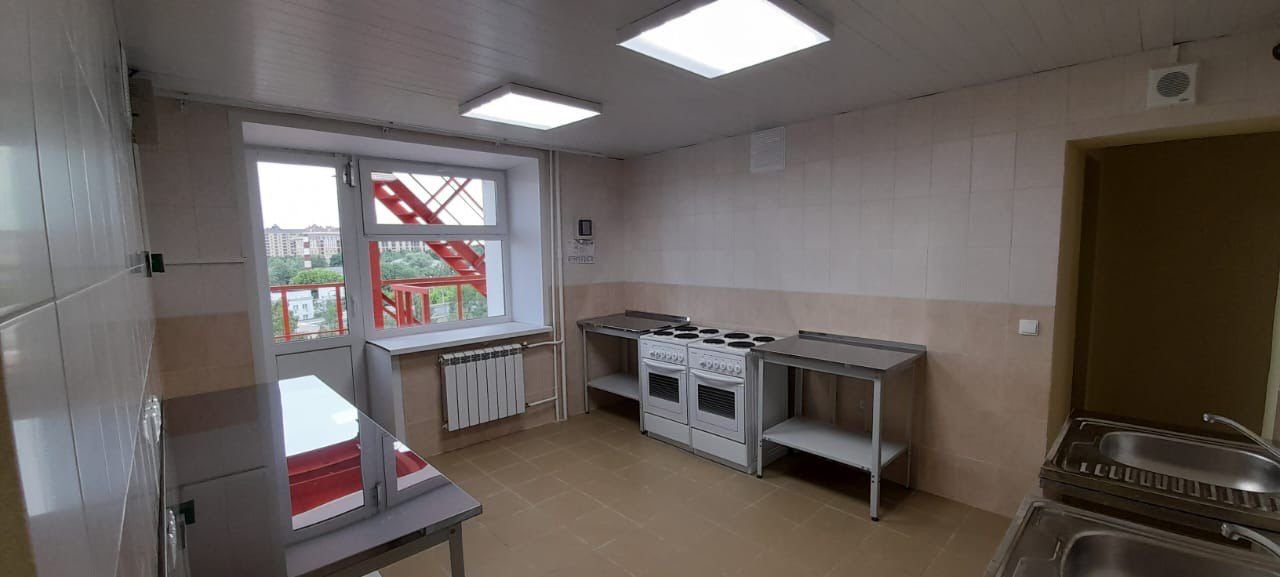
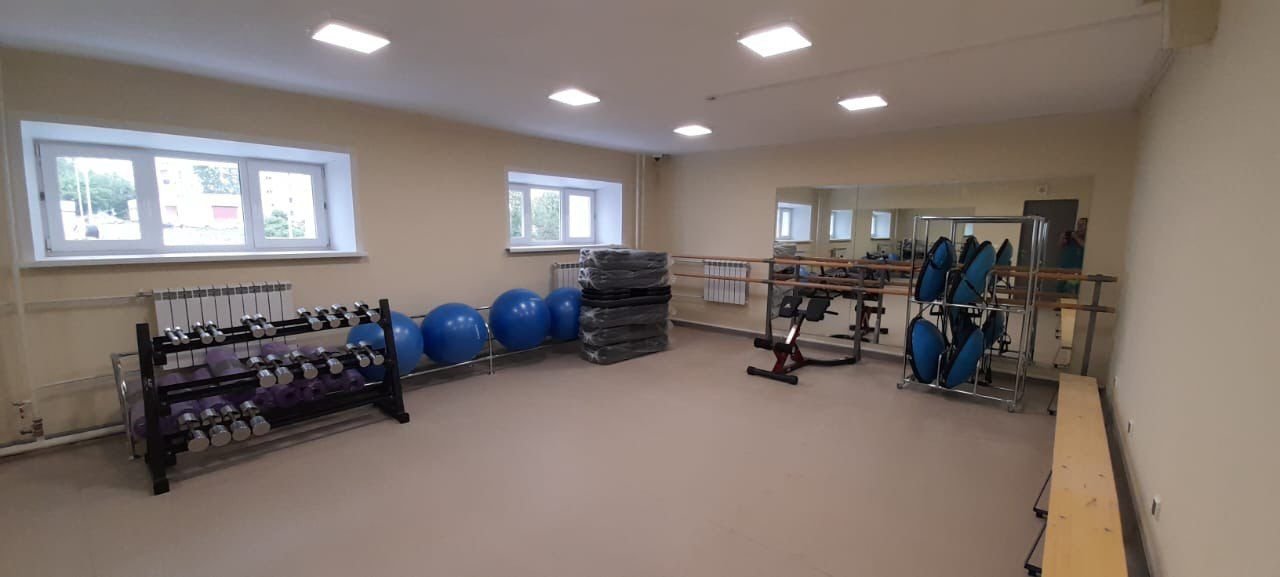

Hostel Accommodation:
Diverse Community Living:
Hostel Management:
Facilities for Academic and Physical Development:
Self-Cooking Facilities:
Well-Furnished Rooms:
Convenient Location:
Step 1: Initial Counseling
Step 2: Submission of Application
Step 3: Payment of Application Fee
Step 4: University Admission
Step 5: payment of 1st year Tuition Fees
Step 6: payment of Visa Processing & Documentation Charges
Step 7: Invitation Letter
Step 8: Visa Application
Step 9: Payment of Consultancy Service Charges
Step 10: Purchase of Air Ticket
Step 11: Document Safety
Step 12: Airport Reception and Briefing
Step 13: Arrival and Enrollment
Documents Required:
To ensure a smooth MBBS admission process at Kazan State Medical University, Indian students are required to submit the following documents. Please note that all documents must be translated into Russian and duly certified at a consular department of the embassy (This will be taken care by RICH GLOBAL EDU)
Educational Documents:
NEET Exam Related:
Identification and Travel Documents:
Photographs:
Health and Safety Documents:
Ensuring that these documents are properly translated and certified is crucial for a successful application process.
Below is a detailed breakdown of the annual fees for each year, along with the approximate total in Indian Rupees (INR), based on an exchange rate of 1 RUB = 1 INR.
1st Year:
2nd – 6th Year (Per Year):
Total Fees for 6 Years (Approx.):
Note: The provided INR values are approximate and subject to change based on the prevailing exchange rates.
*Food /Mess Cost = 100 to 120 USD per month.
Additional Expenses only in 1st year
| Expense Component | Cost (INR) |
|---|---|
| Application Fees | INR 10,000 |
Documentation & Visa Processing Charges This includes:
| INR 1,50,000 |
| Air Ticket | INR 30,000 – INR 40,000 |
Countries for MBBS Abroad
Top Universities for MBBS
FAQs
MBBS in Moldova
MBBS in Nepal
MBBS in USA
© 2024 Rich Global Edu
For security purposes, please solve this simple puzzle to verify you are human before sending an OTP.